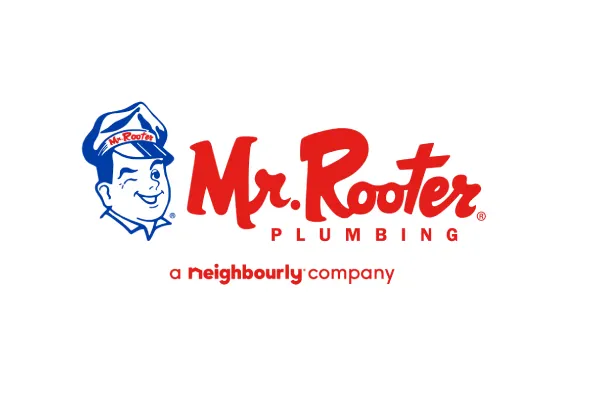
We all know that many pipes in our homes are used to transport water. They’re the very cornerstone of indoor plumbing and play a critical role in making our lives easier. What you may not know is that not every pipe is suitable for transporting water. Some pipes carry harmful chemicals or are negatively affected by exposure to water.
If you’re planning a renovation project or buying a new home, understanding the types of pipes that carry water and how they compare can help you make informed decisions.
In this article, we’ll tell you which pipes are most commonly used to transport water and what type of pipe is best for plumbing.
What Makes a Pipe Good for Carrying Water?
When it comes to pipes that transport water, there are a few key factors to consider. Some of the most notable ones include:
- Corrosion resistant: Pipes that are prone to corrosion, such as cast iron pipes, aren’t ideal for transporting water. These pipes can rust on the inside after sufficient use, causing rust particles to hitch a ride into your drinking water.
- Resistant to temperature changes: Homes require water at various temperatures. Plumbing materials that warp, when exposed to high temperatures, may not be the right call to power your shower, dishwasher, or kitchen sink.
- Long-lasting: Installing plumbing in your home is quite the undertaking, and no one wants to repeat that process very often. Make sure that whatever piping material you choose has a long lifespan, or you’ll have to replace your pipes before you know it.
- Bacteria resistant: Finally, you don’t want any piping material that lets bacteria fester. This means that you should avoid any porous materials. Even better, pipes made of copper have slight antibacterial properties, which reduce the chance of something dangerous growing in your water pipes.
Which Pipe Materials Can Safely Carry Water?
Throughout history, we’ve used dozens of different materials to bring water into homes. Some of the most notable materials, ceramic and cast iron, have been retired since we uncovered their disadvantages and discovered new and better materials. Today, some of the materials that are used to carry water include:
- Copper: Copper pipes have long been used to carry water thanks to their longevity and bacterial resistance. Copper is also excellent at resisting temperature changes and tends to last for an extremely long time. Unlike cast iron, it’s also somewhat resistant to corrosion, making it a great choice for water transportation. The primary disadvantage of copper these days is its high cost when compared to newer materials.
- Polyvinyl chloride (PVC): One of the most common types of piping in use today, PVC is a cost-effective material with few disadvantages. PVC costs very little, comes in a variety of sizes, and is corrosion-resistant, and bacteria-resistant. The only notable disadvantage of PVC is that it can warp when exposed to high temperatures, so it’s not ideal for transporting hot water.
- Chlorinated polyvinyl chloride (CPVC): If PVC had one disadvantage, then CPVC takes care of it. CPVC has all the same benefits as PVC and is also capable of handling high temperatures. The only trade-off is a higher cost and CPVC doesn’t hold up well in the sunlight.
- Cross-linked polyethylene (PEX): PEX has similar advantages to PVC. It is affordable and corrosion-resistant, and like CPVC it can handle high temperatures. It does cost a bit more than CPVC and PVC pipes but comes with a unique advantage — flexibility. These pipes can bend and flex, making them great for piping applications in tight spaces where other pipes would require several complex joints.
Call Mr. Rooter Plumbing for Water Pipe Installation Services
No matter which material you choose for transporting water in your home, you shouldn’t install it on your own. Drinking water is one of the most important things you can have in a house, so installing the pipes that carry it is best left to the professionals.
Looking to repair or replace your water line or other essential plumbing? Give us a call to schedule a service today.

